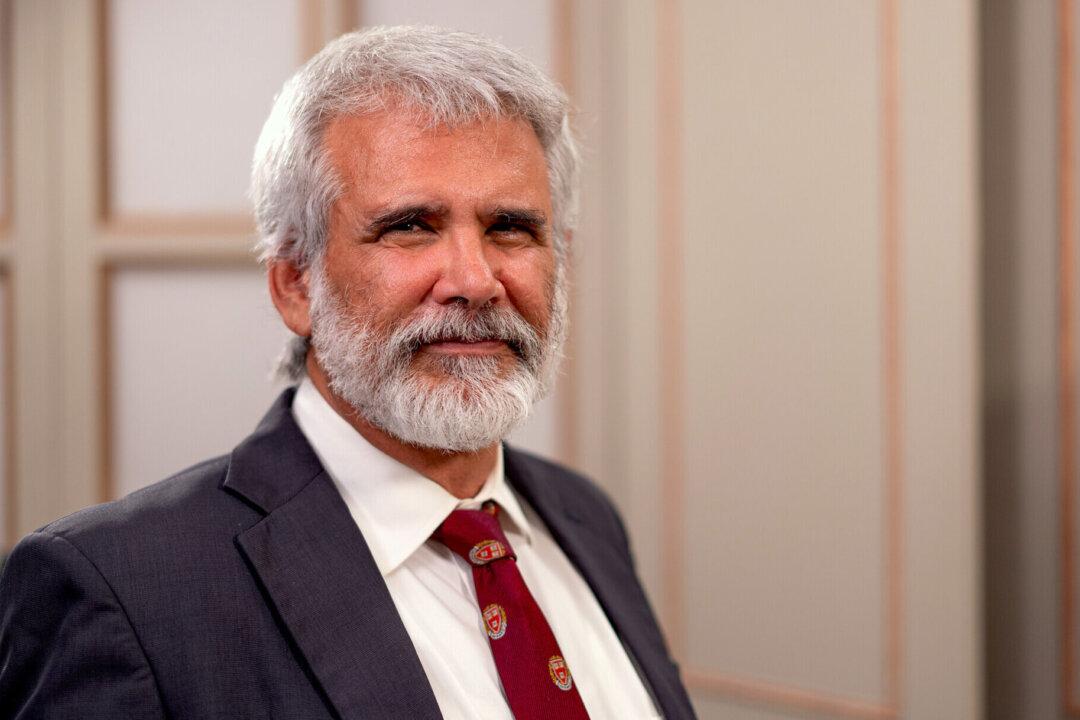The COVID-19 pandemic is over, according to Dr. Robert Malone.
“We’re through the acute phase,” Malone, a scientist who helped invent the messenger RNA technology, said on NTD’s “Capitol Report.“ ”This is no longer a global health crisis or even a national health crisis.”






